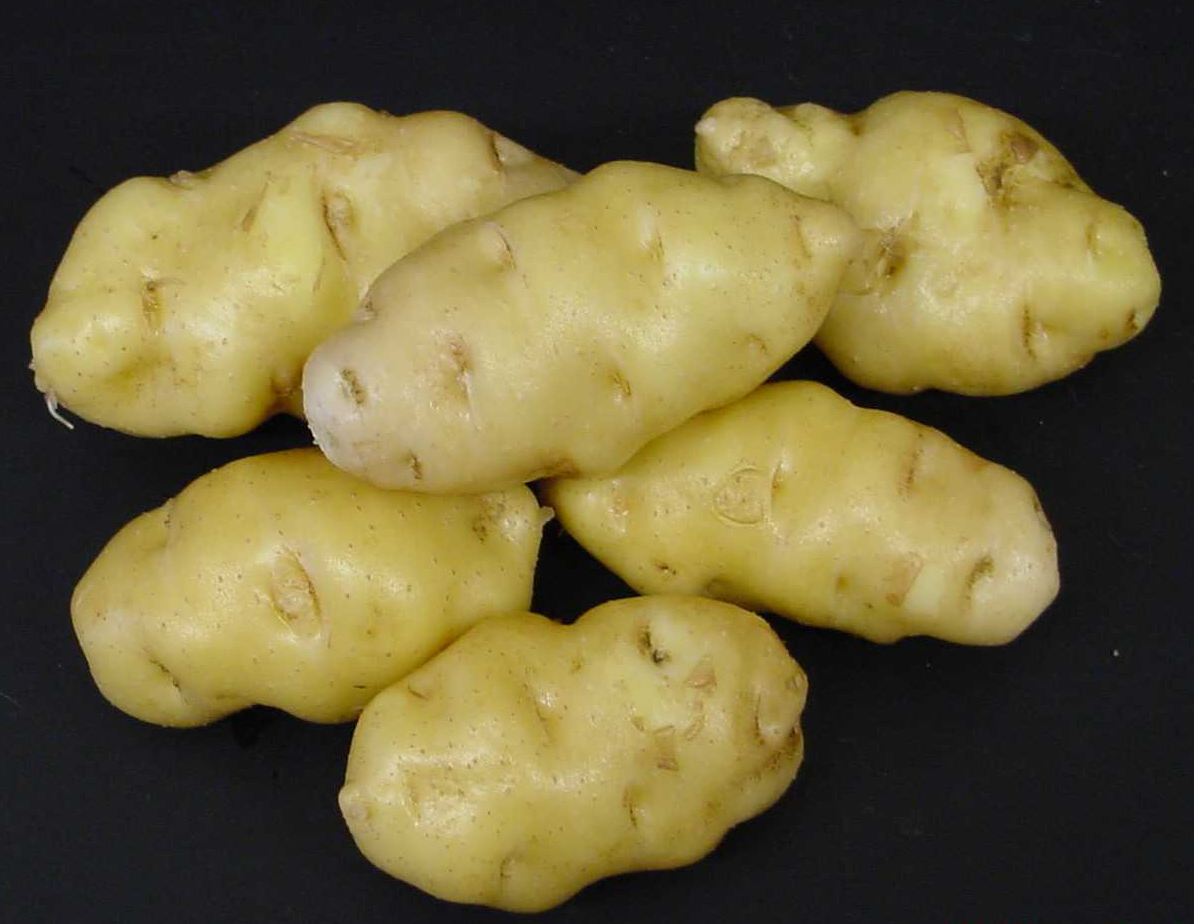SUNDAY’S THIRD ANNUAL Potato Dig at the Cowan Ranch Heritage Area at 515 Hoko-Ozette Road west of Clallam Bay brought folks around Clallam County out west to dig in the dirt.
Part of the fledgling Hoko River State Park, the ranch is on its way to becoming a public model of sustainable agriculture for the West End.
Everyone left happy, chatting about the meals they were going to prepare with their very fresh produce that included the coveted Ozette potato.
Last weekend’s event was steeped in history.
The flavorful, lumpy Ozette potato came from Peru. Spanish galleons brought it to the Pacific Northwest on the circuitous Manila route.
This route began in South America, crossed the Pacific Ocean to Asia, crossed back to the north and followed the coast from Canada down to Mexico.
In 1792, the Spanish attempted to establish a fort at what is today Neah Bay.
The South American potatoes were planted in vegetable gardens to feed soldiers and their families.
In less than a year, the Spaniards were gone, but their potatoes remained and were subsequently cultivated by the Makah.
They named them Ozette, after one of the tribe’s five original villages.
These potatoes — known officially as Makah-Ozette by the agriculturists at Washington State University — became a staple of the Makah diet along with seafood gathered along the coast and Strait of Juan de Fuca.
Because of the relative isolation of the region, Ozettes maintained their unique heritage and weren’t known to the outside world until the 1980s.
With a rich, nutty taste, it’s become a favorite with many Northwest culinary experts.
The Cowan Ranch began after the treaties with the Makah and Klallam tribes opened up massive tracts of land to pioneers.
One of them was George Lamb, a Scot who in 1893 homesteaded 160 acres beside the Hoko River.
In about 1900 he built a dairy barn (it’s still in existence at the ranch) and, later, replaced his two-room cabin with a Craftsman-style home.
He also had a vegetable garden which surely included the dimply Ozette potatoes.
Lamb sold the spread to John Kenneth Cowan and his wife Helma in 1918.
Cowan had been the Coast Guard lighthouse keeper on Tatoosh Island. His wife had come from Sweden to homestead on the Hoko with her parents.
They and their four children cleared additional pasture land along the Hoko and Little Hoko rivers and ran a highly successful dairy farm and ranch that supplied milk, cream, meat and some produce to local markets, logging camps and urban areas as far away as Seattle.
Six land purchases brought the total acreage up to 522 acres
The Cowans loved entertaining guests and had many visitors. The ranch was a hub for the area.
But times changed. They discontinued the dairy in 1959, then ceased cattle-ranching in 1984.
The land and buildings were acquired by the Washington State Parks and Recreation Commission in 1991, with John, one of the Cowan children, staying on as caretaker until his death in 2000.
The buildings, though fairly run down, gave clear evidence of a lifestyle characteristic of the West End in the early 1900s.
Friends of Hoko River State Park are community members who have joined together to maintain this historic site.
“We are welcoming people to John’s farm, continuing his tradition of having visitors from all around,” said Roy Morris, president of the Friends group.
“Many people have never pulled a potato from the ground with their own hands,” said Nancy Messmer, secretary/treasurer of Friends.
She gave thanks to Emil Person, Cowan’s younger cousin, who four years ago spent the spring readying the old garden for planting.
Friends of Hoko River State Park can be phoned at 360-963-2442 or emailed at able@olypen.com.
_______
Zorina Barker writes the West End Neighbor column which appears in the Peninsula Daily News every other Tuesday. Barker can be reached at zorinabarker81@gmail.com; 360-327-3702.

